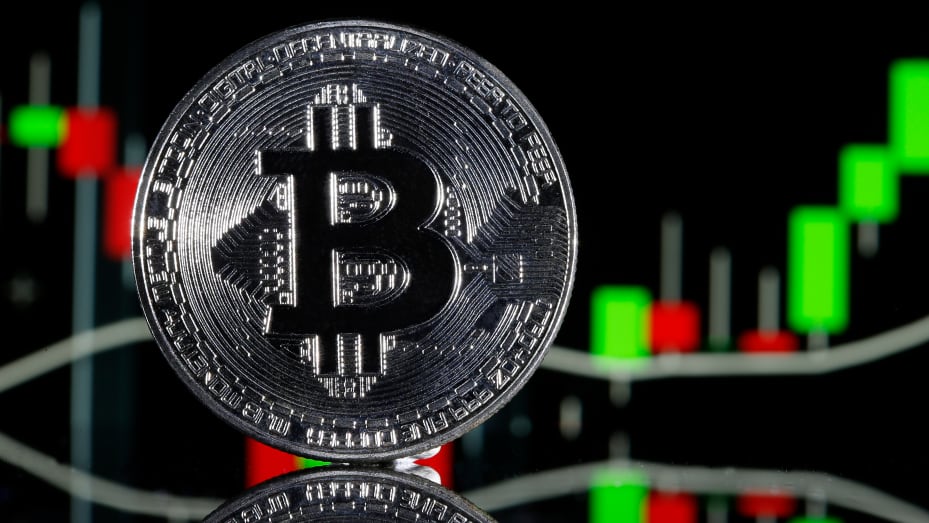A study by the Bank for International Settlement (BIS) released on November 14 showed that 3% of Turks used bitcoin trading apps daily in June. At 3%, Turks were the best cryptocurrency traders in the world for another month. Since 2015, the BIS has been tracking how people in 95 countries use cryptocurrency trading apps daily. Millions of traders worldwide use bitcoin system to transact in cryptocurrencies.
During the time of the study, people in Turkey used crypto exchange apps the most, according to the BIS study. This was found by adding how many downloads were made for every 100,000 people.
The government says that there are now 83 million people living in Turkey. Every day in Turkey on November 15, deals worth $279 million were made.
In the same month that the Turkish lira (TRY) dropped from 13 to 18 against the US dollar in just a few days, an average of 5% of Turks traded crypto daily, setting a new world record. The country now has a new record.
In 2022, Paribus, one of the best cryptocurrency exchanges in Turkey, released a study that said at least 8 million people in Turkey use cryptocurrency. Just a week before, President Recep Tayyip Erdoan talked about the potential of blockchain technology and told young people not to gamble with cryptocurrencies. He also said that the goal for Turkey was to start making digital assets instead of just buying them.
Click here – They Are The Five Best Cryptocurrencies For Investment In 2022
The worldwide drop in the value of cryptocurrencies has hurt Turkey. A study by Paribu found that the exchange would have daily transactions of $145 million in 2022, and less than $850 million in 2021.
Even so, a lot of people are still interested in the area. The lira’s weakening is an integral part of this story, but more is needed to explain why cryptocurrencies are so prevalent in Turkey. In Turkey, cryptocurrencies are a way to get away from the country’s national currency, the economic policies of the government, and even the rules of working for a company.
“For many people here, crypto is a financial and mental lifesaver,” said Vidal Arditi, who started Layka DAO and Lunapark Web3 Hub in Istanbul. “Crypto is saving many people’s lives here, both in terms of money and mental health.”
In 2021, the Democracy Index from the Economist Intelligence Unit put Turkey at number 103 out of 167 countries. This month, the Turkish government made it a crime to spread “disinformation.” People who care about free speech are worried. Despite all of this, crypto is still pretty open.
A year ago, Turkey made it illegal to pay with digital currencies. This might have happened because the lira lost value. Aside from that, it takes a lot of work to keep track of the cryptocurrency market. Even though some countries have made it harder to raise money through initial coin offerings (ICO), Turks can still participate in such projects.
Click here – Basic clothing items every woman should have
A central authority would be something like a bank. Instead, they are spread out among a group of computers that are all connected. On the other hand, people can buy and sell cryptocurrencies on exchanges and store them in “wallets.”
Cryptocurrencies, unlike regular currencies, can only be found as a digital record of ownership that is shared and kept on a blockchain. When one user wants to send units of cryptocurrency to another user, they send the teams to the digital wallet of the receiving user. Before the transaction can be called finished, it has to be validated and added to the blockchain, a process called “mining.” This is also often the way that new bitcoin tokens are made.
A blockchain is a distributed ledger that keeps digital copies of all transactions. This is the history of all the transactions for each cryptocurrency unit. For cryptocurrencies, records of transactions are kept. “Blocks” are the groups of records where transactions are kept, and new blocks are constantly added to the beginning of the chain.

